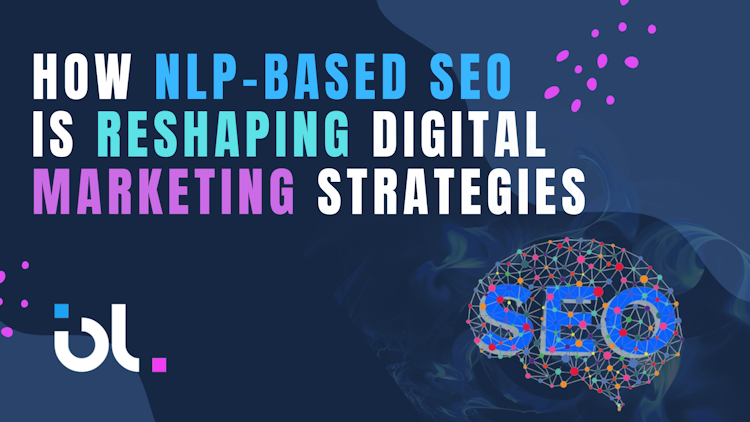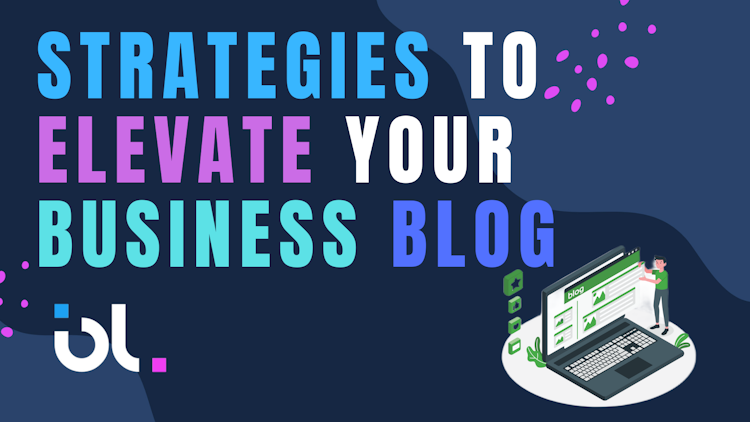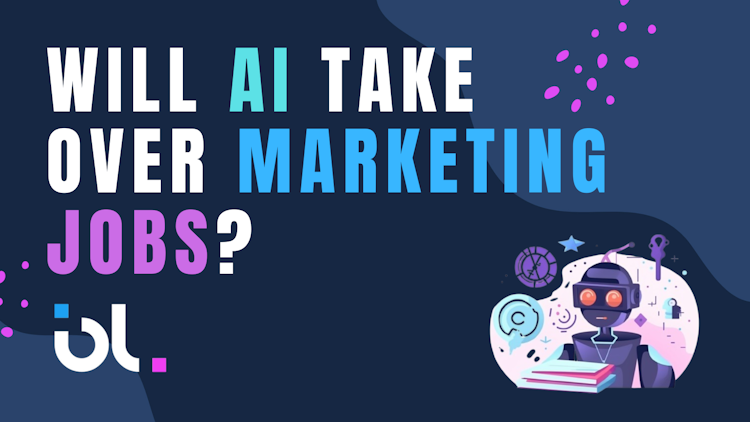In this article, we delve into various aspects of AI’s role in marketing, highlighting its capabilities and limitations in comparison to human expertise.
AI-Driven Data Analysis


Content Creation and Personalization
It is becoming more common to use artificial intelligence (AI) technology, notably natural language processing (NLP) algorithms, for the purpose of content generation and customization. These tools can generate compelling copy, automate email marketing campaigns, and tailor content based on user preferences. By leveraging AI for content creation, marketers can enhance efficiency and scale their efforts across various channels. Nonetheless, the quality and authenticity of AI-generated content may lack the human touch required to resonate with audiences on a deeper emotional level. Genuine storytelling and authentic communication remain pivotal aspects of effective marketing strategies that AI cannot fully replicate.
Optimizing Digital Advertising
In the realm of digital advertising, AI algorithms play a crucial role in optimizing ad targeting, placement, and performance. Real-time advertising techniques are refined via the use of machine learning algorithms, which evaluate user behavior and engagement indicators. Automated bidding systems ensure optimal ad placements within budget constraints, maximizing ROI for advertisers. While AI-driven ad optimization enhances efficiency and effectiveness, human oversight is indispensable in crafting compelling ad creatives and maintaining brand consistency. Additionally, in order to guarantee acceptable advertising practices, human participation is required because of the ethical problems around data privacy and algorithmic bias!
Predictive Analytics for Forecasting
The use of predictive analytics, which are driven by artificial intelligence, gives marketers the ability to foresee future trends, customer behaviors, and market dynamics. Predictive models are able to foretell probable events and assist strategic decision-making by studying previous data and recognizing patterns within the data. Marketers can use predictive analytics to optimize inventory management, anticipate demand fluctuations, and personalize product recommendations. However, predictive models are inherently probabilistic and subject to uncertainties, requiring human judgment to interpret results and mitigate risks effectively. Furthermore, unforeseen external factors and black swan events may challenge the accuracy of predictive forecasts, highlighting the complementary role of human expertise in strategic planning.
Enhancing Customer Experience with Chatbots


Social Media Insights and Engagement
AI technologies empower marketers to glean valuable insights from social media data and optimize engagement strategies. Sentiment analysis algorithms examine content that was provided by users in order to determine public opinion, recognize developing trends, and evaluate the feelings of consumers toward brands. Social listening solutions facilitate the monitoring of online discussions, which enables marketers to swiftly react to input from customers and handle any possible problems that may arise. AI-driven content recommendation systems personalize social media feeds, increasing user engagement and fostering brand loyalty. However, while AI enhances social media analytics and automation, human creativity remains indispensable in crafting compelling content and fostering genuine connections with audiences.
SEO and Content Strategy
AI algorithms play a significant role in search engine optimization (SEO) and content strategy, shaping online visibility and organic traffic. Natural language processing algorithms analyze search queries, user intent, and content relevance to optimize website rankings and enhance discoverability. AI-powered content optimization tools provide recommendations for keyword usage, content structure, and readability, aligning with search engine algorithms’ ever-evolving criteria. While AI streamlines SEO processes and improves content performance, human expertise is essential in crafting high-quality, relevant content that resonates with target audiences. Authenticity, creativity, and storytelling prowess differentiate brands in a crowded digital landscape, transcending algorithmic considerations.
Taking Everything Into Account






